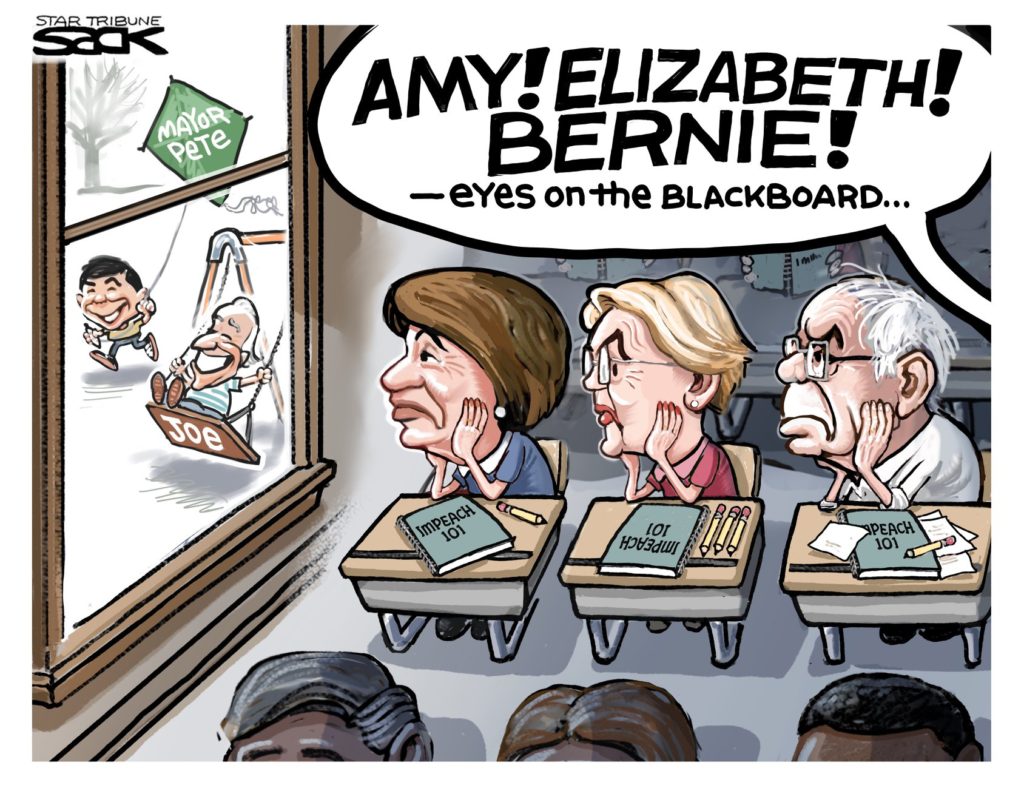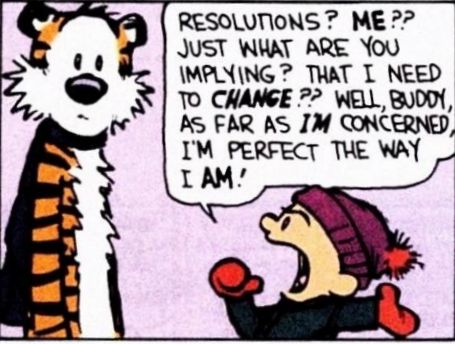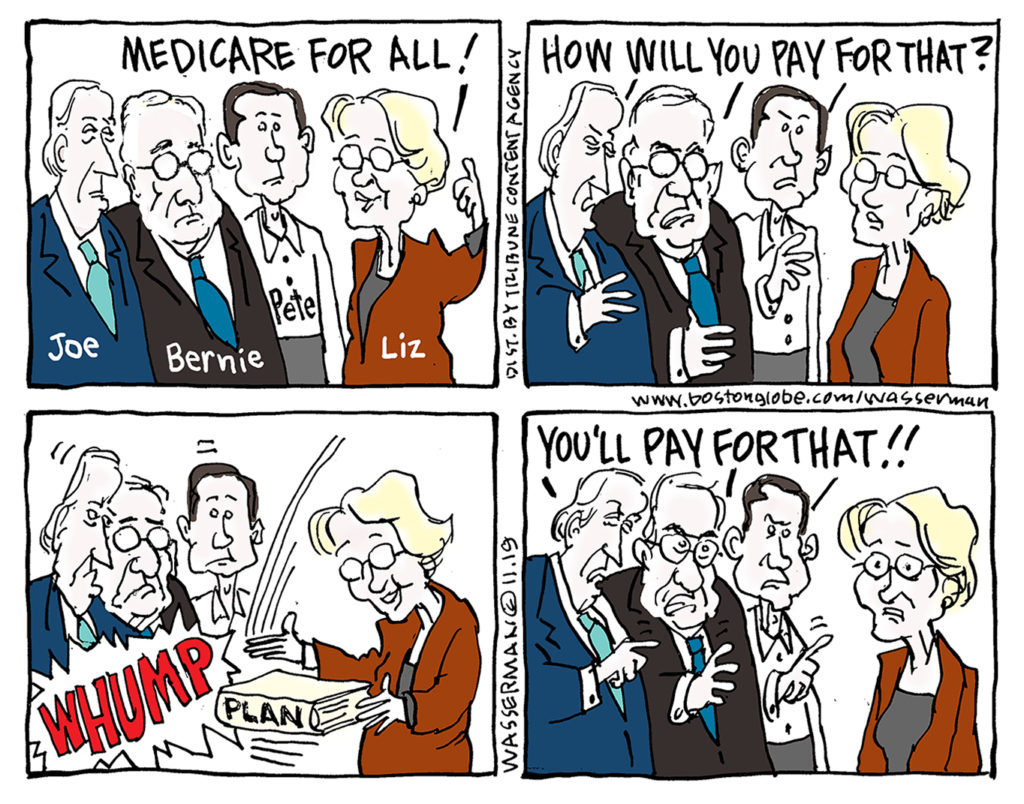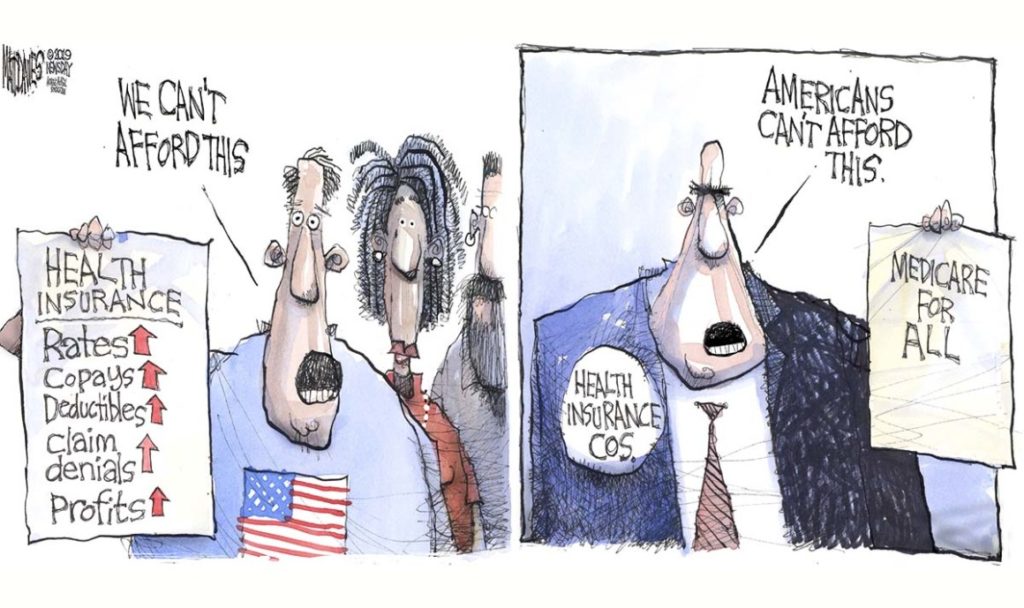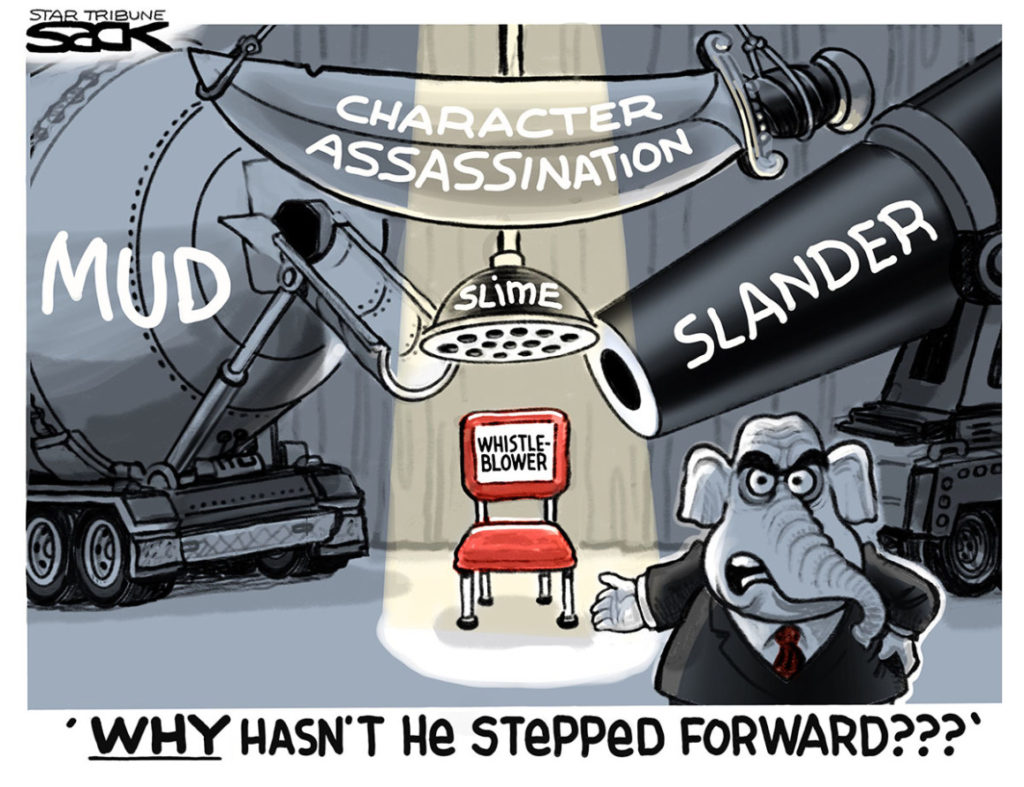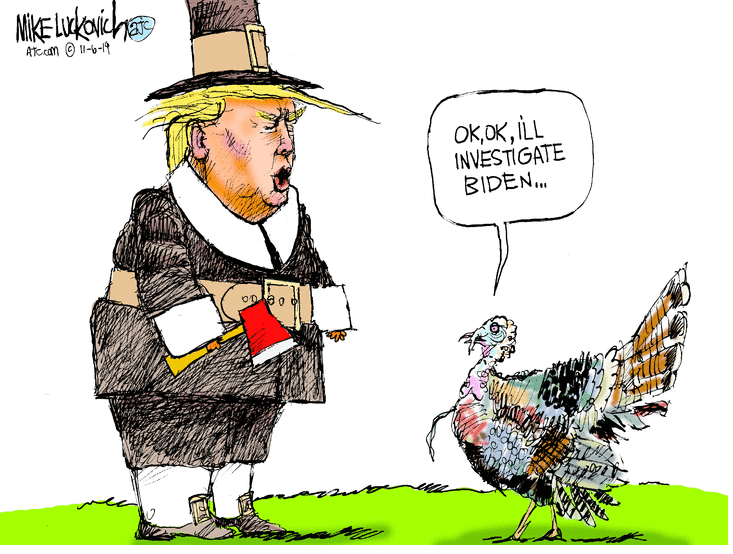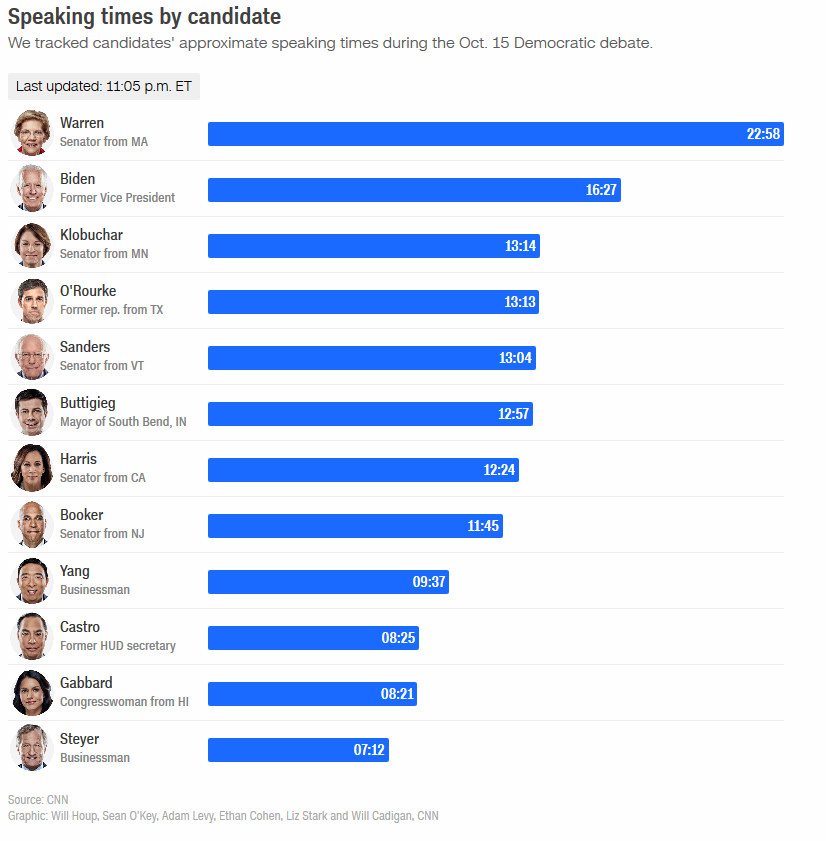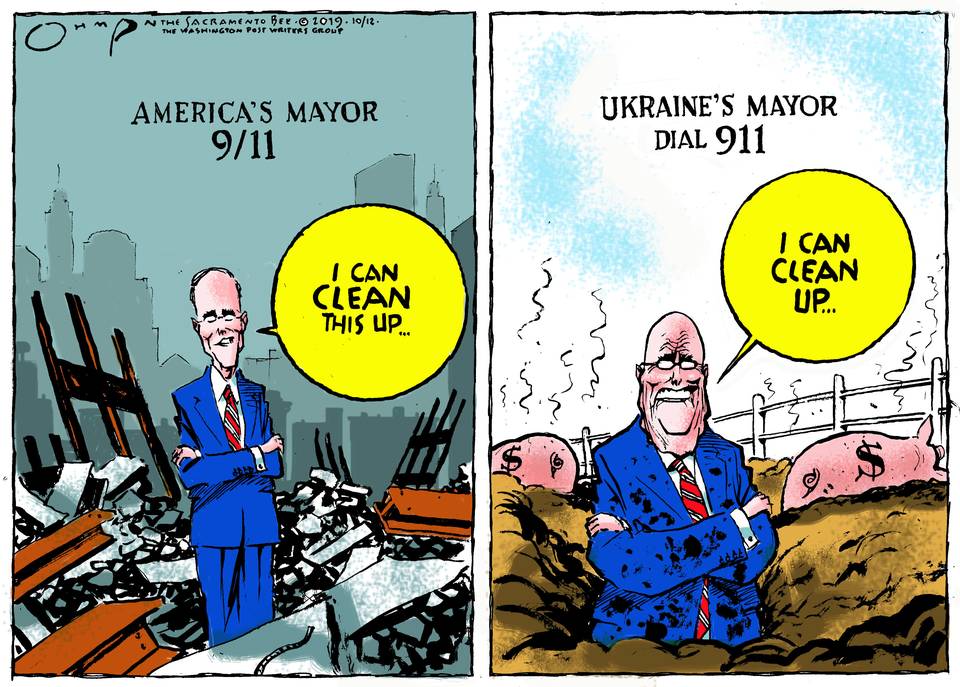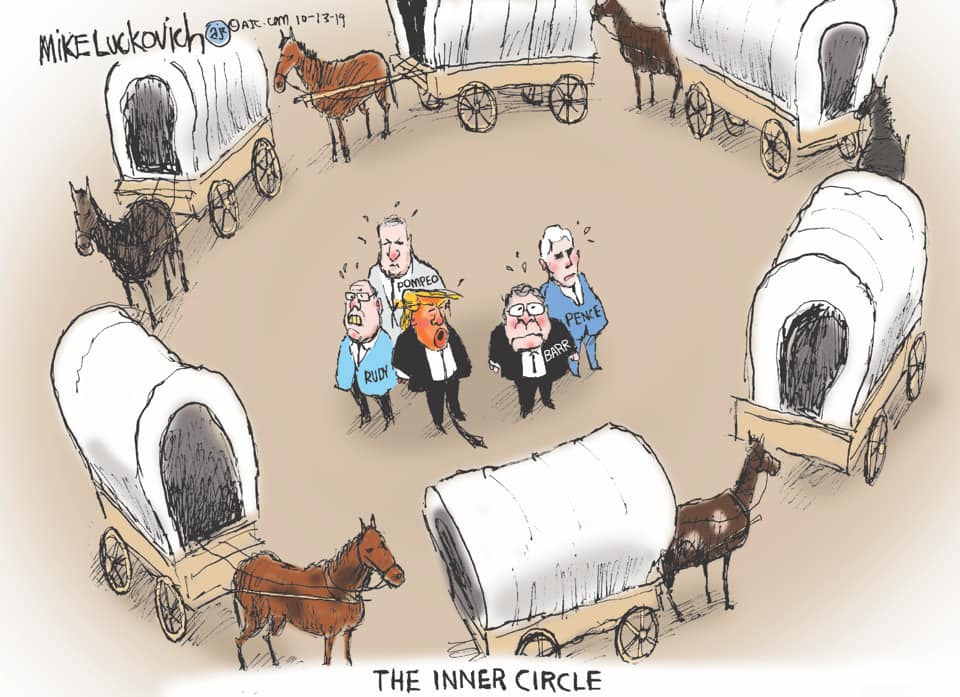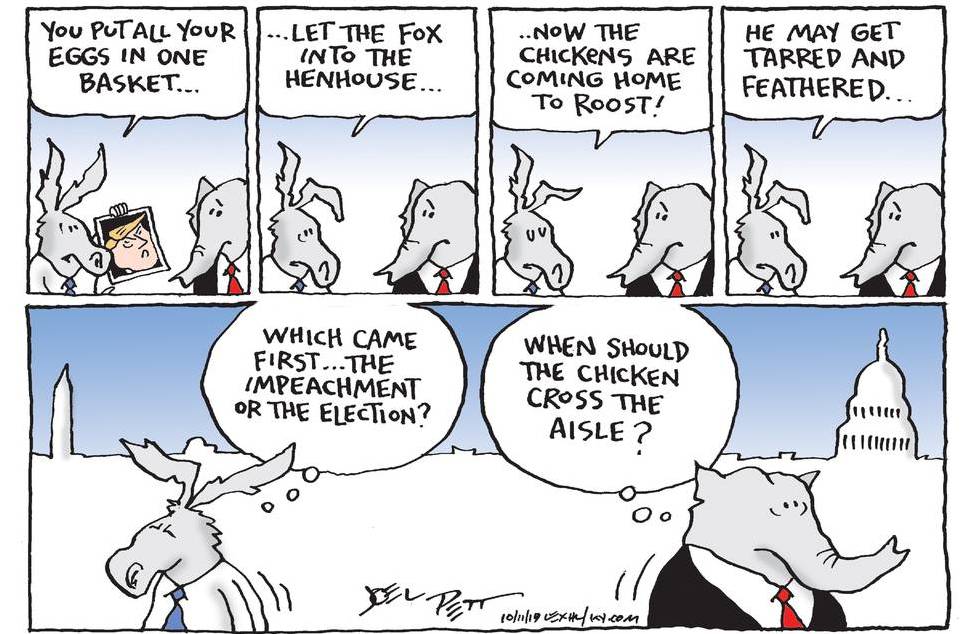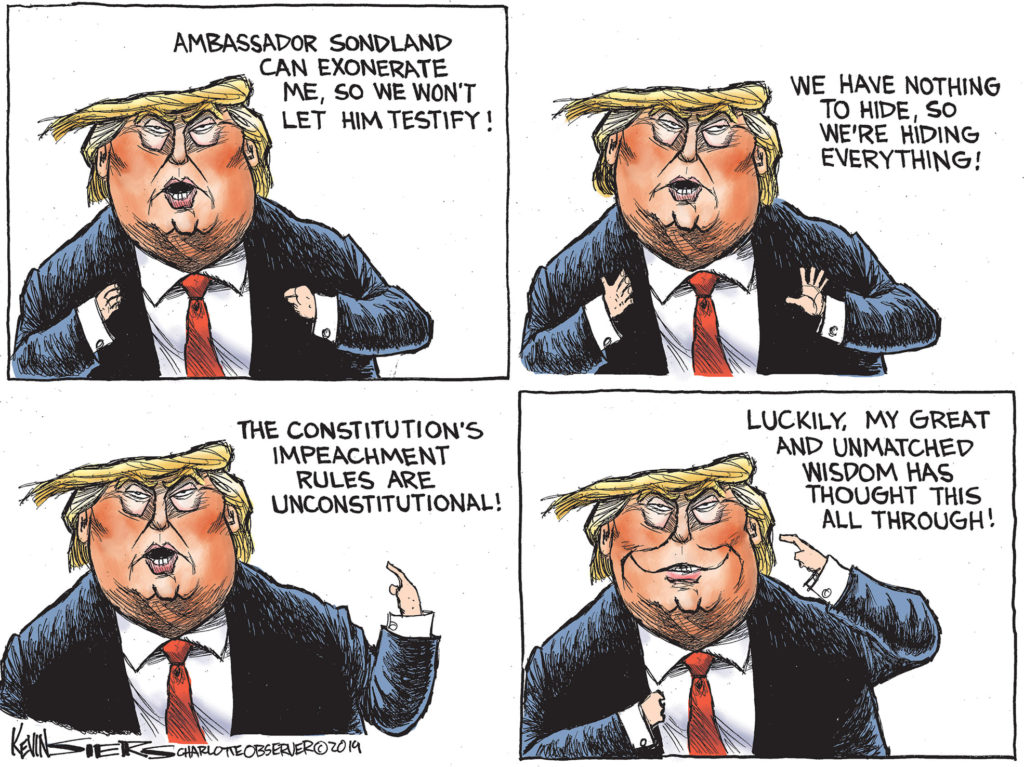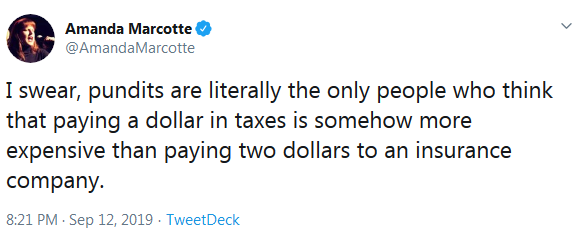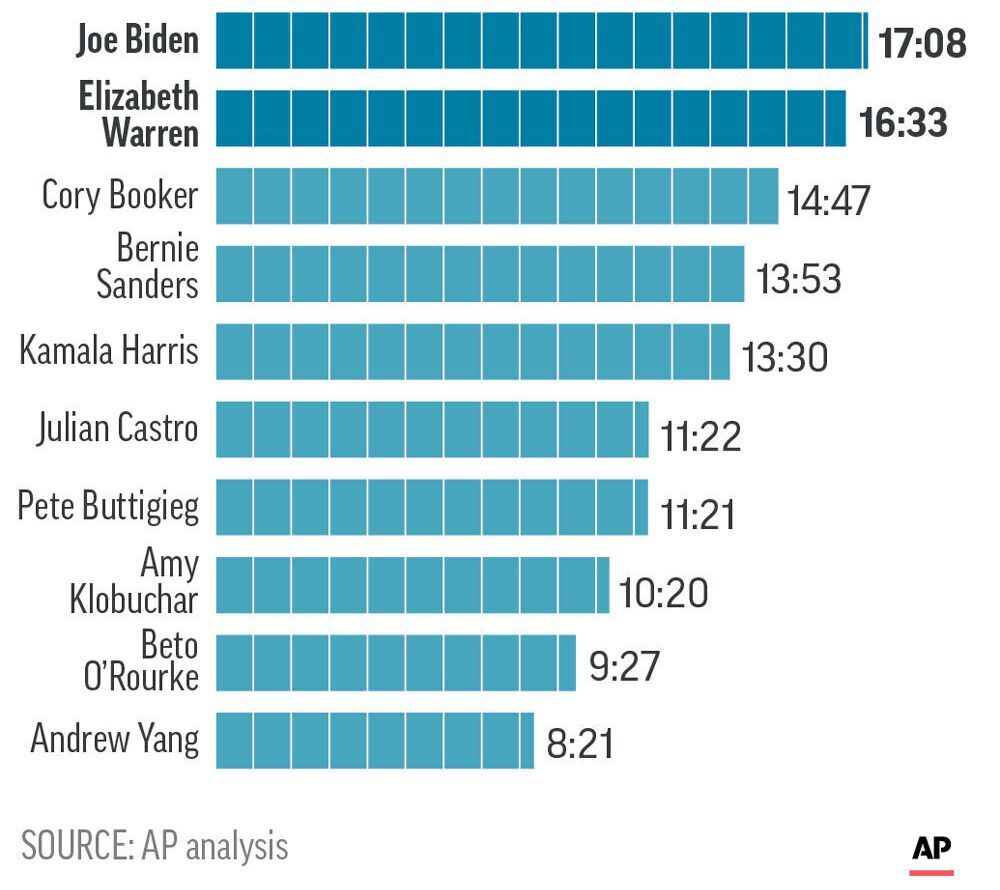A few random thoughts on Sunday:
- Where Wrongo comes from, “take her out” means go on a date, or…something else. It has nothing to do with job termination.
- The impeachment seems to be helping Trump so far. According to a Washington Post-ABC News poll, Trump’s approval rating has climbed to match the highest of his presidency.
- Axios reports that Trump’s net approval numbers improved in 31 states between September and December, according to Morning Consult data.
- They improved by at least 5 points in Iowa, Utah, Maine, Montana and New Mexico.
- An incumbent president with a growing economy and a low unemployment rate 6-12 months before the election can be tough to beat, even presidents who are bad at their jobs.
- America twice elected Andrew Jackson. It elected Fillmore, Pierce, and Buchanan to consecutive terms. And we also did the same with Harding and Coolidge.
- Are you following the Coronavirus outbreak in China? The number of confirmed cases in China stands at around 1,300. The virus has also been reported in Thailand, Vietnam, Singapore, Japan, South Korea, Taiwan, Nepal, Malaysia, France, the US and Australia. The death toll in China from the Coronavirus outbreak jumped on Saturday to 41.
- We don’t know how deadly the virus is. These outbreaks can range from low-to-highly contagious, and from low-to-highly deadly. There isn’t enough data so far to know where to place this virus on either the contagion, or the deadly axis.
- An amazing development is the rapid and powerful response by global public health agencies. Modern transportation allows diseases to spread globally. But modern communications and effective government agencies can react as fast.
- This could radically change the severity of epidemics. Modern communication plus modern technology makes the global response far more effective than in the past.
- This is a bit of evidence that, in some ways, countries are working together to build a better world.
- From Fabius Maximus:
“Extreme libertarians tell us that governments can’t do anything right, and that we should “starve the beast.” Conservatives also hate the UN. Here we see an example of strong government agencies – national and international – providing a vital service.”
On to cartoons. On Saturday, the GOP began their defense of Trump:
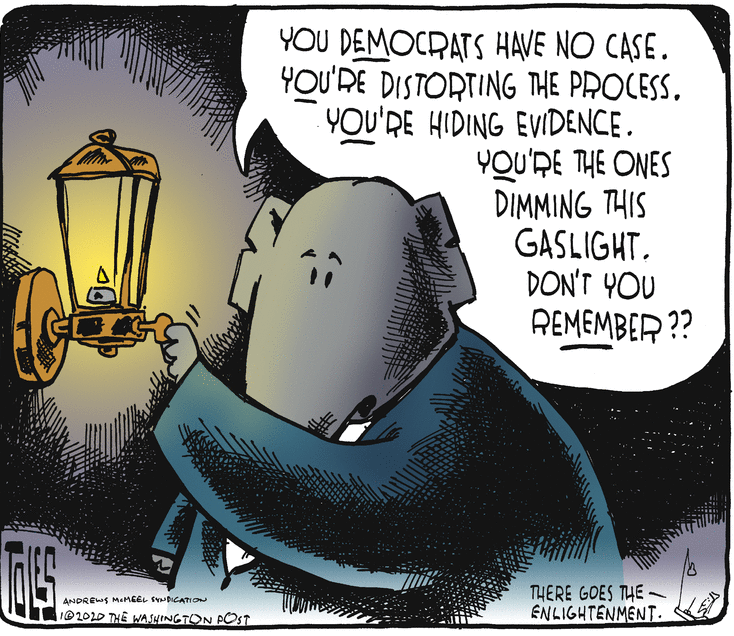
Some say the Senate could be doing something else:
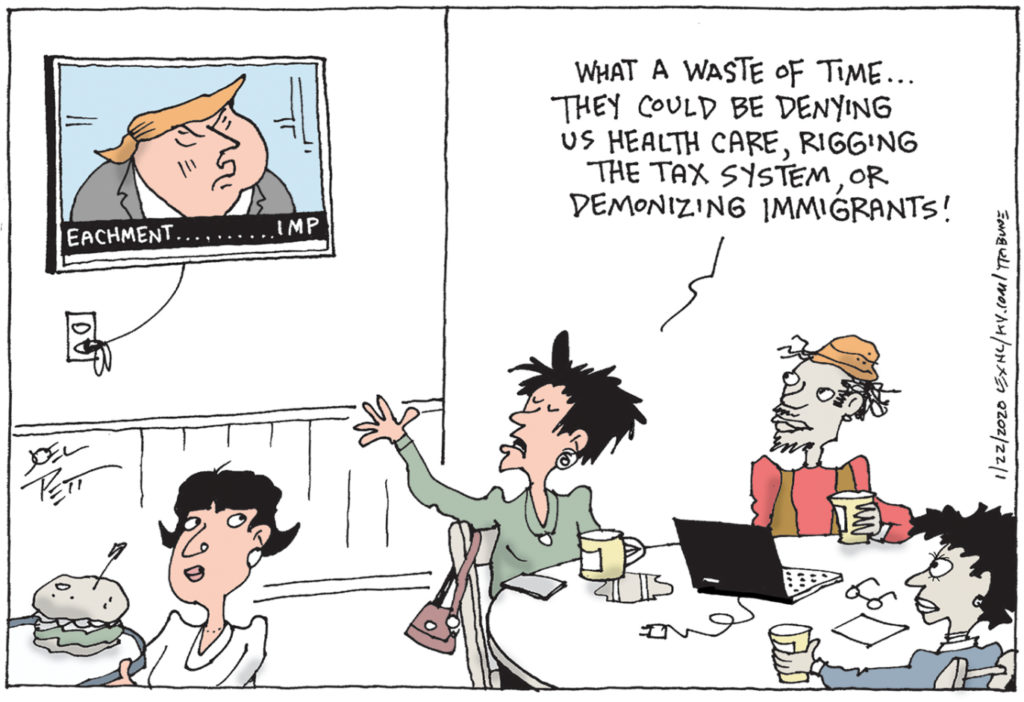
The GOP’s impeachment strategy moves on:
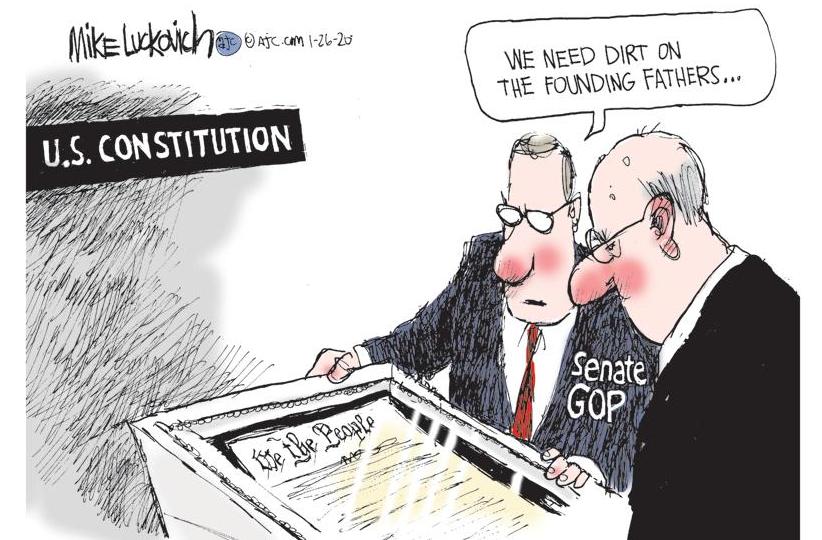
Trump and Mitch both want America to eat mystery meat:
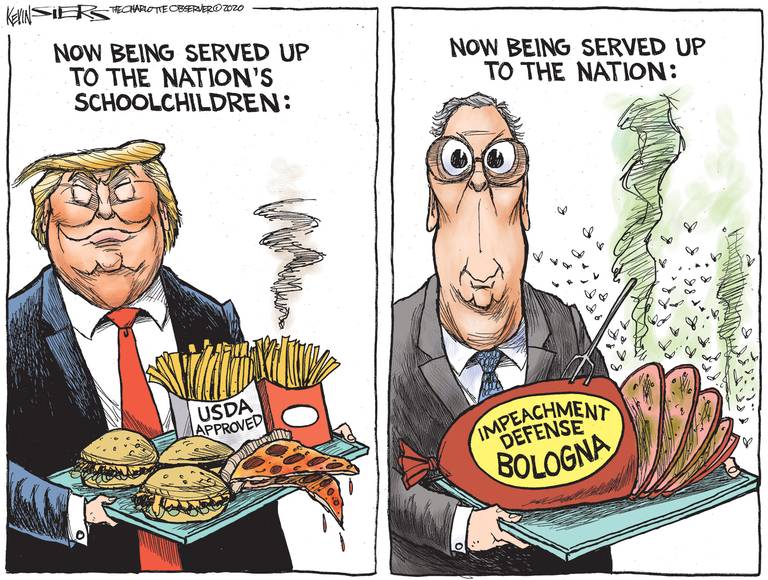
Country before Party: such a quaint idea:
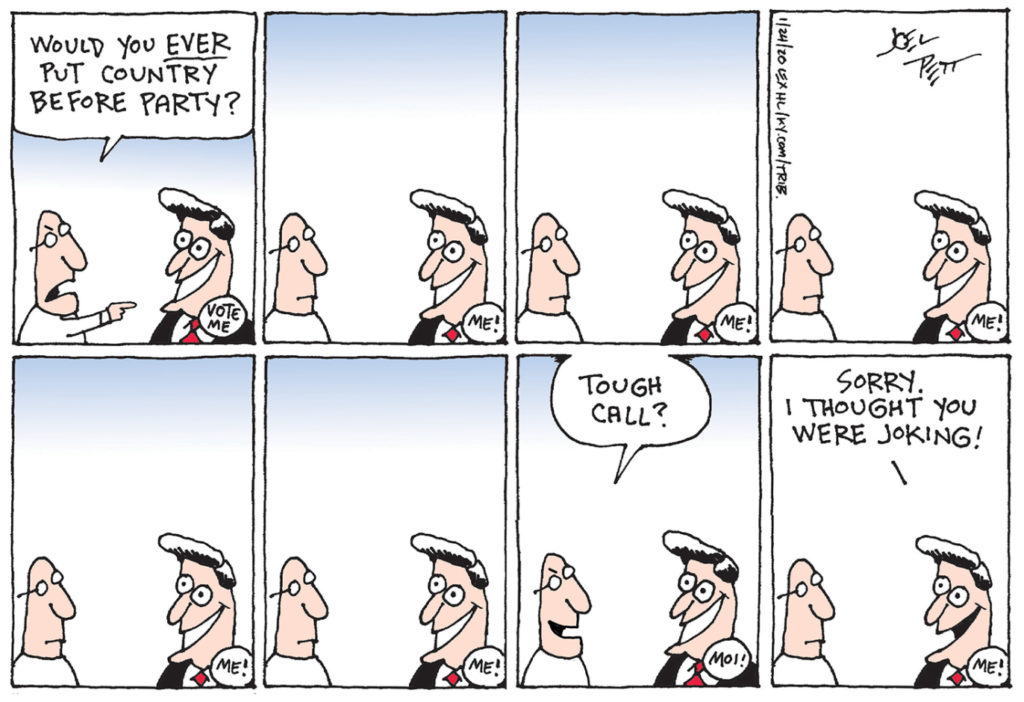
Some kids can’t wait for recess:
